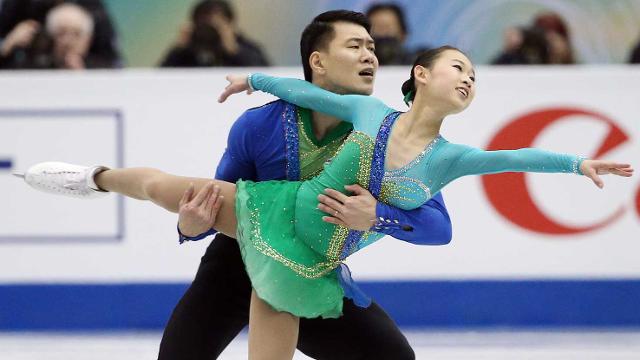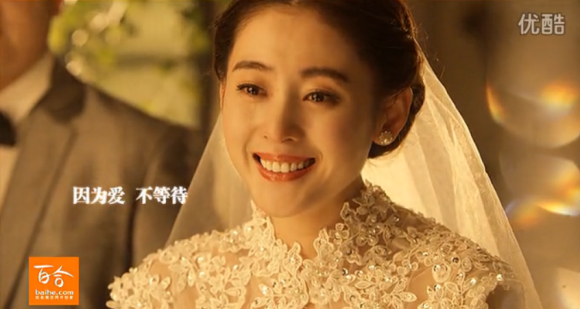Story by Olivia Ouyang.
Four years ago, Russian figure skating was rattled when, for the first time since 1964, neither of its pair teams made the Olympic podium. Yesterday, Russia proved that they are still the best in the sport, clinching the gold and silver medal. Tatiana Voloshozar and Maxim Trankov were the favorites coming into the competition as the reigning, three-time European champions. Skating to Jesus Christ Superstar, their program was nearly perfect although Voloshozar touched her hand down on a throw triple loop. Voloshozar and Trankov’s main rivals were supposed to be the German pair of Aliona Savchenko and Robin Szolkowy. However, they succumbed to the pressure, each falling once. They ended up in third place and collected their second Olympic bronze medal. The mistakes of the Germans allowed room for Ksenia Stolbova and Fedor Klimov to move up into second place with a clean skate. Both Russian pairs now have two gold medals, having helped their country win the team figure skating event over the weekend.
China off the podium
While Russia reasserted its dominance, China dropped off of the podium. At both the 2006 and 2010 Olympics, two Chinese pair teams finished in the top three. So what happened in Sochi? Clearly, China is going through a changing of the guard. Finishing in fourth place were Qing Pang and Jiang Tong, who won the silver medal in Vancouver. While the 35-year-olds skated a beautiful program to I Dreamed A Dream from Les Miserables for their fourth and final Olympic appearance, it was clear that Pang and Tong were past their prime. Botching their first side-by-side jumps, the pair lacked their former dynamism. However, they finished the routine with smiles and looking satisfied. The pair has been engaged since 2011 but put off marriage in order to train for these Olympics. As one of the original pairs who helped put China on the figure skating map, the legacy of Pang and Tong will be remembered fondly for years to come.
China’s second pair team, consisting of Cheng Peng and Hao Zhang, finished in eighth place. This team highlights the inevitable shift from the old and to the new generation of skaters in China. Zhang, age 29, won the silver medal at the 2006 Turin Olympics with former partner Dan Zhang, who retired from skating in 2012. Zhang was then partnered with Peng, a petite sixteen-year-old skater. An oddly-matched team, even their coach Hongbo Zhao, the 2010 Olympic gold medalist who now coaches for China, remarked, “In the future, I hope they can go out and not look like an older brother skating with a younger sister.” However, if Peng is an indication of what China has in store for the future, the rest of the world better watch out. Peng and Zhang made history yesterday by executing the first quadruple twist ever at the Olympics. With dedicated coaches like Zhao and Yao Bin, the man who single-handedly cultivated the Chinese pairs machine, it is only a matter of time before China finds its way to the top again.
[wp_ad_camp_2]








